
The birth of the digital currency and blockchain technology in 2008, is quite controversial, due to its decentralized nature, typical of the information age of the Internet era, and again negating the role of banks and other financial institutions in transferring digital money. Based on peer-to-peer technology, the process of sending money is faster, cheaper, wider, and safer than using ordinary banking services, especially using Western Union services.
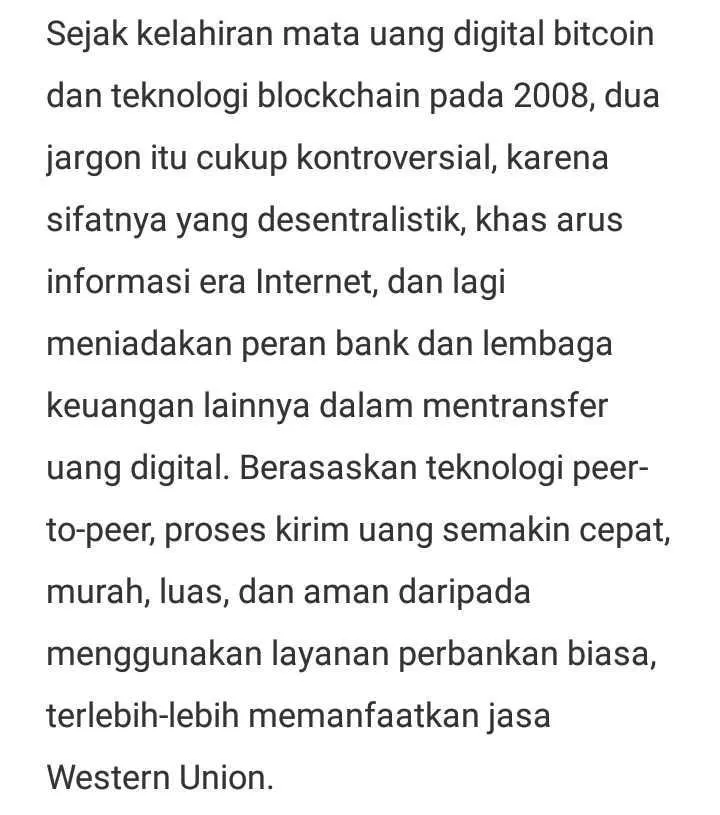
However, to date, hundreds of international companies, such as Microsoft, Amazon, Intel, Barclays, Citi, Visa, MasterCard, even Western Union and others are pouring in capital to research and develop blockchain technology, which is the foundation of bitcoin, later can be applied in the company in total. Then on the scientific side, MIT is increasingly treating the potentials of disruptive financial technology.
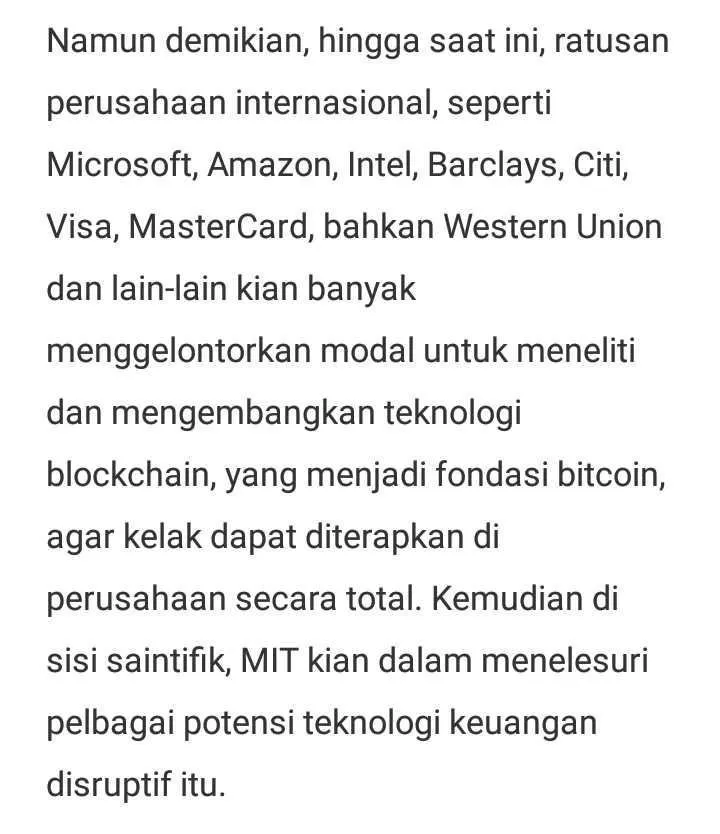
Unlike Japan which has legalized bitcoin which is equal to yen position, Indonesia itself through Bank Indonesia is still giddy looking at this bitcoin. Whereas overseas, including the European Union, rather than forbid it, they are actually setting up a special body to research this.
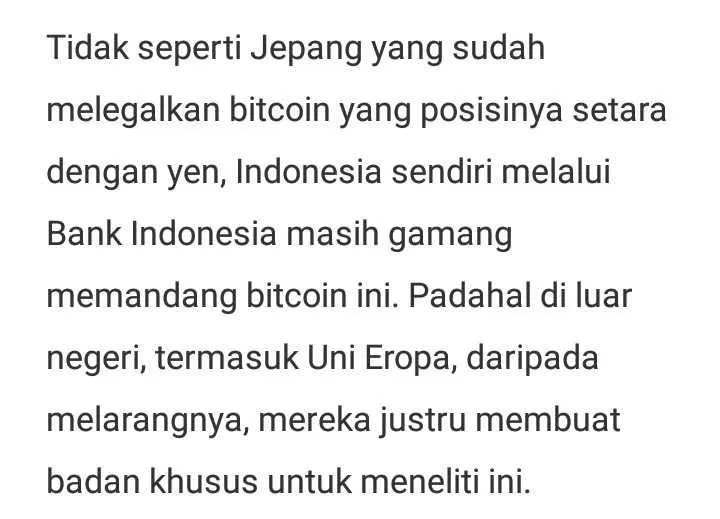
Indonesian citizens themselves, the number of bitcoin users is still small, even so with the number of transactions. This indicates the financial and technological awareness of Indonesian society is still minimal. The reason for this is, of course, about the many bitcoin references in English and relatively incomprehensible. Special websites about bitcoin in Indonesian language, it is already there, but less systematic map from A-Z about this future currency.
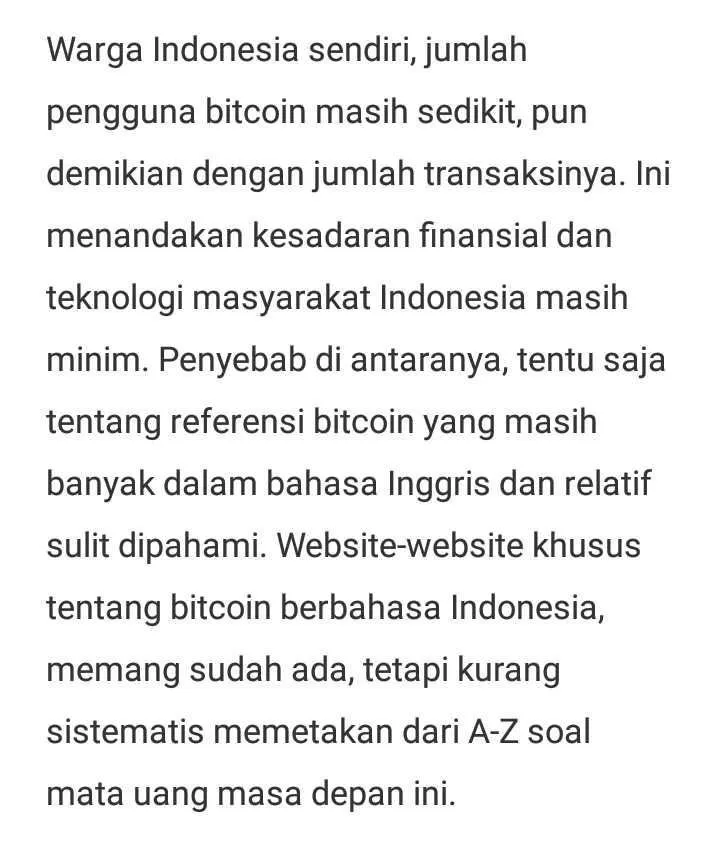
With good research, blockchain technology can be a solution for e-voting, because it is very secure compared to existing e-voting technology, including the implementation of e-voting in Estonia.
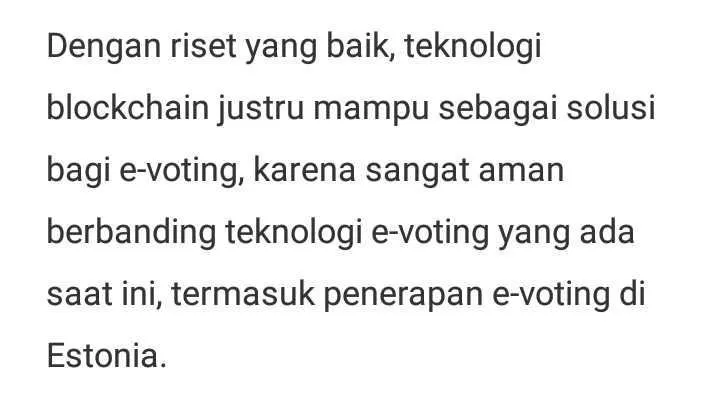
You Like this post, do not forget to upvote or followme or resteem

